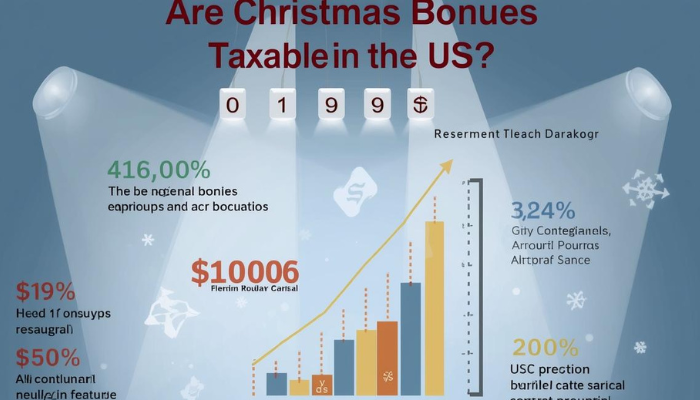
What is the Base Erosion and Anti-Abuse Tax (BEAT)?
Do you know what is the base erosion and anti-abuse tax (BEAT)? The 2017 Tax Cuts and Jobs Act (TCJA) in the US included Base Erosion and Anti-Abuse Tax (BEAT) as a precautionary measure.
The purpose of BEAT is to stop multinational corporations from avoiding taxes. Even if companies employ tactics to shift profits elsewhere, it certifies that they pay a minimal tax on income received in the US.
L&Y Tax Advisor explains what is the Base Erosion and Anti-Abuse Tax, its objectives, and critical features.
BEAT Objective and Process
BEAT focuses on transferring royalties, interest, or service fees to foreign affiliates to reduce their US tax burden payments. This usually allows businesses to reduce their taxable income in the United States while benefiting from lower tax rates in other nations.
Certain businesses must compute an alternative minimum tax under BEAT, considering these base-eroding payments. If this calculated tax exceeds their ordinary tax burden, the company must pay the difference as the BEAT.
Get your VAT number USA now!
Key Features of BEAT
The following are the critical features of BEAT:
Applicability
Companies having average yearly gross receipts of $500 million or higher over the previous three years are subject to BEAT. However, the following are not included:
- S Corporations
- Regulated investment companies (RICs)
- Real estate investment trusts (REITs)
Base-Eroding Payments
Base-eroding payments include royalties, interest, and management fees to overseas affiliates that lower US taxable income.
Tax Rate
The BEAT rate, first set at 5% for 2018, rose to 10% in 2019 and beyond. Foreign-headquartered banks and securities dealers are subject to a higher rate of 12.5%.
Read about financial reporting.
Exemptions
Certain services that satisfy arm’s-length pricing standards and payments associated with the cost of products supplied may be excluded.
The Importance of BEAT in TJCA 2017
The Base Erosion and Anti-Abuse Tax is one of the most essential instruments for safeguarding the US tax base. Prohibiting profit-shifting strategies ensures that international corporations contribute somewhat to the economy and level the playing field for domestic businesses.
BEAT compliance necessitates meticulous tax planning and research for companies doing business abroad. Errors might result in significant tax obligations and fines.
Read: YMCA tax exempt.
The Bottom Line
Learning what is the base erosion and anti-abuse tax emphasizes fairness and openness in business taxation. It marks a dramatic change in the US tax system. To guarantee compliance, businesses must continue to evaluate their transactions with vigilance. To correctly manage risks and comply with US tax laws, individuals navigating the intricacies of BEAT must seek advice from tax experts.
Get our tax consultancy services for further assistance!


